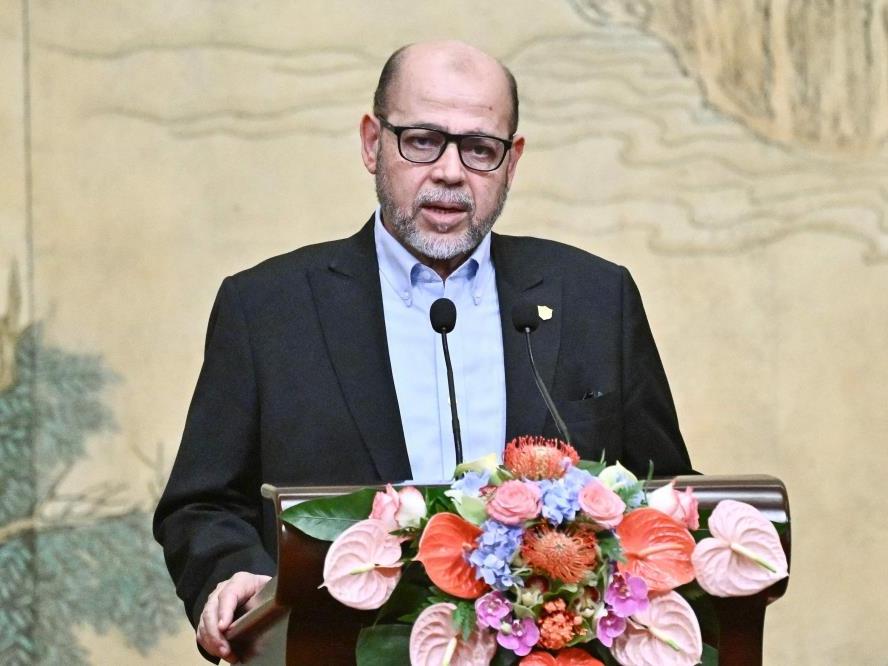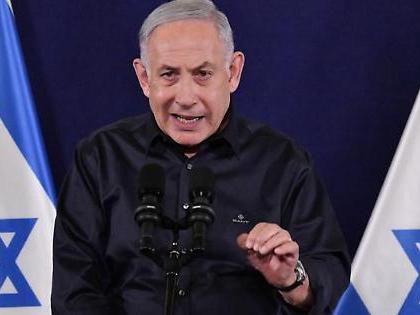In a significant diplomatic development, 14 Palestinian factions, including long-time rivals Hamas and Fatah, signed the ‘Beijing Declaration’ on July 23, 2024, agreeing to form a temporary national unity government for post-war Gaza. The agreement, reached after three days of talks in Beijing mediated by China, aims to end nearly 17 years of division between the Palestinian factions and strengthen unity.Chinese Foreign Minister Wang Yi, who hosted the meeting, hailed the agreement as a major step towards reconciliation. Wang stated, ‘The most important point is the agreement to form a national unity government to manage Gaza after the war’. The declaration commits the groups to ‘reconciliation’ and the formation of an interim government to govern post-war Gaza, oversee reconstruction, and prepare for elections.Senior Hamas official Musa Abu Marzuk, who attended the talks along with Fatah envoy Mahmud al-Aloul, emphasized the importance of the agreement, stating, ‘We signed today an agreement for national unity and say that the road to complete this journey is national unity. We commit to pursuing national unity and we demand it’.While the agreement marks a potential turning point in Palestinian politics, several key details remain unclear, including the specific role Hamas will play in the new government structure. The Palestinian Liberation Organization (PLO) was affirmed as the sole legitimate representative of the Palestinian people, despite Hamas not being a member of the PLO.This development comes as Israel continues its military campaign against Hamas in Gaza, which has been ongoing for over nine months. The Chinese-brokered agreement represents a diplomatic coup for Beijing, showcasing its growing influence in Middle Eastern affairs. China has been increasingly involved in the region, having previously facilitated the rapprochement between Iran and Saudi Arabia.As the international community watches closely, the implementation of this agreement and its impact on the ongoing conflict in Gaza remain to be seen. The success of this unity government will likely depend on both internal Palestinian dynamics and external support from regional and global powers.
Key points
- 14 Palestinian factions, including Hamas and Fatah, signed the ‘Beijing Declaration’ to form a temporary national unity government for post-war Gaza.
- The agreement, mediated by China, aims to end nearly 17 years of division between Palestinian factions.
- Chinese Foreign Minister Wang Yi hailed the agreement as a major step towards reconciliation and peace in the Middle East.
- The implementation and impact of the agreement remain uncertain, especially given the ongoing conflict in Gaza.
Contradictions👾While most sources report 14 Palestinian factions signing the agreement, one source mentions that representatives from 12 Palestinian groups attended the meeting.
👾There is some ambiguity about Hamas’s role in the new government structure, given that it is not part of the Palestinian Liberation Organization, which was affirmed as the sole legitimate representative of the Palestinian people.



